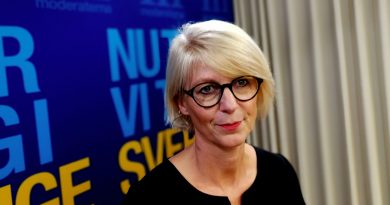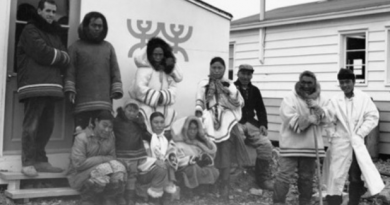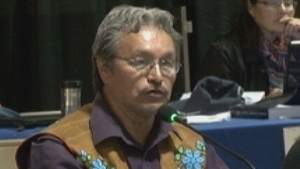Iceland relaxes some COVID-19 restrictions as downward infection trend holds
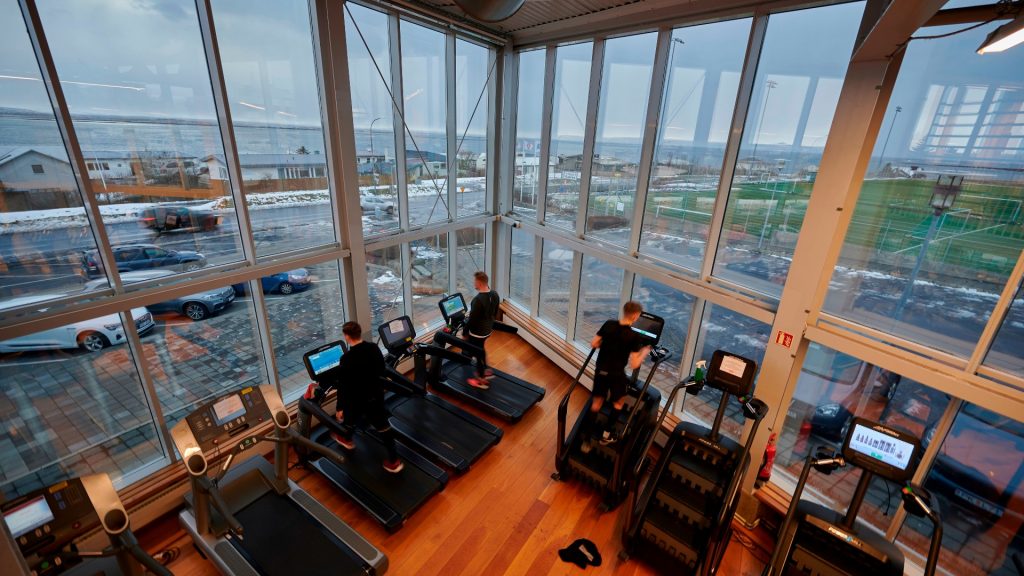
With domestic COVID-19 infections continuing on the downturn, Iceland started relaxing some public health restrictions on Wednesday.
“We are in a gradual phase of easing restrictions and slowly but surely returning to normalcy,” said Iceland’s Prime Minister Katrín Jakobsdottir in a news release.
“This good progress is the result of widespread public participation in our common quest to minimize the harmful effects of the pandemic on our society. The ongoing effort to protect the most vulnerable parts of our society will result in a changed evaluation of the risk posed to us by the pandemic. Until those effects materialize, we will maintain proper vigilance both domestically and at the border.”
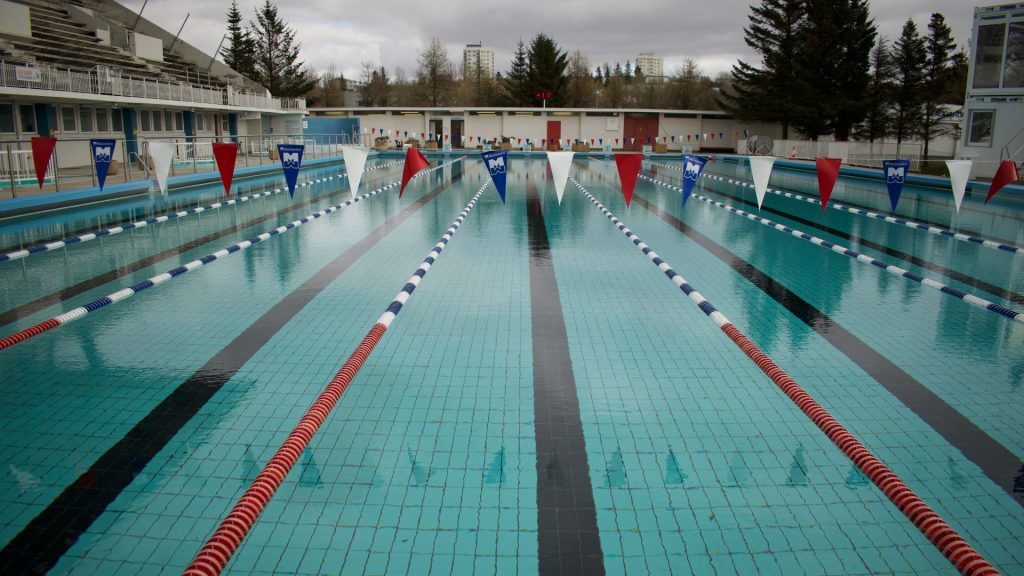
Among the measures relaxed on February 24:
- spectators are now allowed at sporting events
- gatherings of up to 50 people are permitted
- several restrictions on in person learning relaxed in higher education
As of Wednesday, Iceland was reporting a 14-day incidence of 1.4 per 100,000 inhabitants for domestic infections and of 4.6 per 100,000 inhabitants for infections detected through border screening.
The government said the relaxation of certain measures was made after determining most domestic infections identified in the past few weeks have been due to old and inactive infections.
“We were among the first to start focused quarantine for passengers arriving from high-risk areas,” said Iceland’s Health Minister Svandís Svavarsdottir.
“Since then, our strategy of early detection, contact tracing, isolation and quarantine has been the cornerstone of our approach. The success of these efforts has made it unnecessary for us to impose complete lockdowns during the pandemic. We are still far from having a normal situation, but we are moving fast in the right direction.”
Higher education in-person restrictions loosened
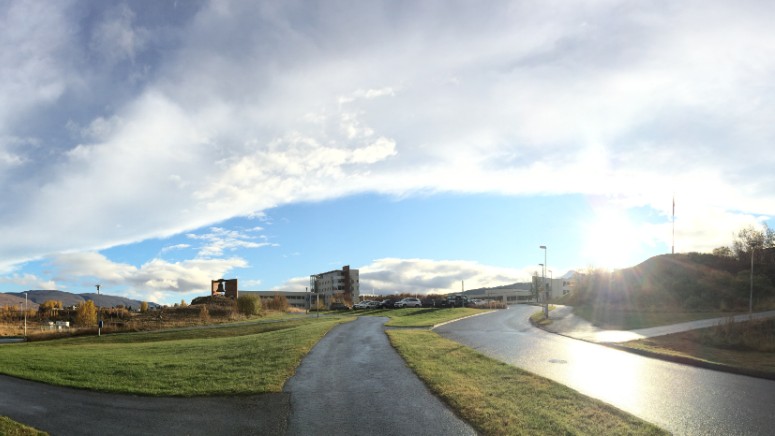
In-person classes for people 16 years old and younger have previously been permitted, but not for higher education.
Starting February 24, 150 people will be allowed to gathered in higher education settings including in universities.
“Today marks a very joyous turning point for our schools,” Lilja Alfredsdottir, Iceland’s minister of education and culture, said in a news release.
“Teachers and students have shown great patience and perseverance during this past year. We hope that all of our hard work is now starting to pay off.”
Sequencing continues

Iceland has been repeatedly praised by health experts for its aggressive COVID-19 sequencing policy.
The sequencing is done by Icelandic biotech firm, deCode Genetics, which goes over every positive SARS-CoV-2 sample in the country.
In a news release on Tuesday, the government said this process has established that since September 15, emerging variants, including B.1.1.7, commonly referred to as the U.K. variant, have been contained at the border through arrival screening.
Write to Eilís Quinn at eilis.quinn(at)cbc.ca
Related stories from around the North:
Canada: Arctic Tourism & the Pandemic podcast, Eye on the Arctic
Finland: Traffic, mobile data show Lapland travellers not deterred by worsening COVID situation in Finland, Yle News
Denmark/Greenland: Greenland authorities buoyed by high demand for COVID-19 vaccine, Eye on the Arctic
Iceland: Iceland institutes new COVID-19 border measures, Eye on the Arctic
Norway: Norway extends border closure with Finland due to pandemic, The Independent Barents Observer
Russia: Norway closes borders over fears of virus, but exempts Russian fishermen from severely infected border region, The Independent Barents Observer
Sweden: Swedes caught in Norway border limbo, Radio Sweden
United States: Alaska politicians send Trudeau letter saying they’re “shocked” over Canada’s COVID-19 cruise ship ban, Eye on the Arctic

